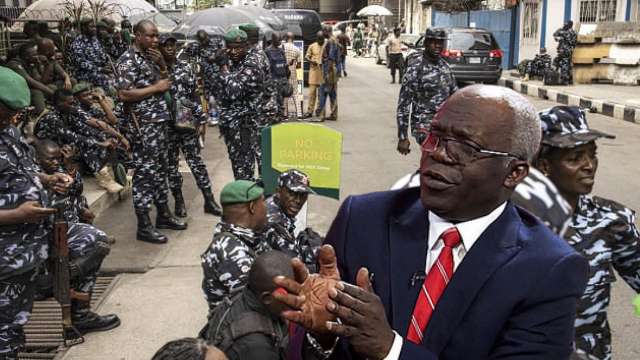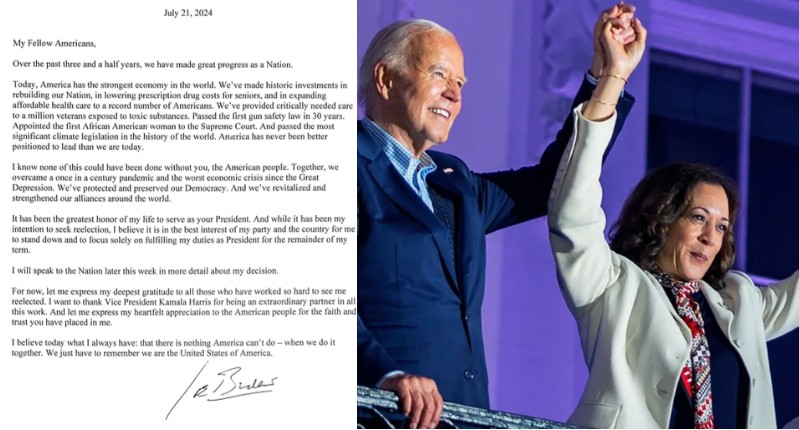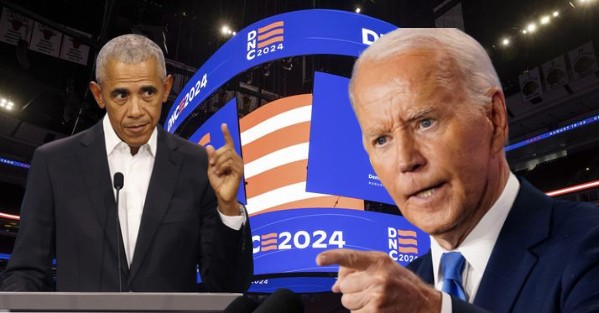Renowned Human Rights Activist and Senior Advocate of Nigeria, Femi Falana, recently shared his perspective on the demand for state police in Nigeria, emphasizing a crucial misunderstanding of the constitutional structure of the current Nigerian police. During an interview with Seun Okinbaloye of Channels TV, Falana highlighted key constitutional provisions shaping the nature of law enforcement in the country.
Abdication of Responsibilities by State Governments
Falana pointed to Section 214 of the Constitution, which specifies the existence of only one police force in Nigeria – the Nigerian Police Force. Contrary to popular belief, he clarified that it is not a federal government police force but a federation police force, jointly managed by the federal and state governments. Section 215 delineates the division of responsibilities, with the president overseeing law and order at the federal level, and governors handling matters within their respective states.
Expressing concern, Femi Falana noted that since 1999, state governments and governors have relinquished their constitutional responsibilities related to law and order, effectively handing over police powers to the president and the Inspector General of Police. He emphasized the role of the Nigerian Police Council, a body comprising the president, 36 state governors, the Inspector General of Police, and the chairman of police C, with governors constituting the majority. Despite its importance, Falana lamented that the council seldom meets, hindering effective policing.
Challenges in Implementing Constitutional Provisions
Femi Falana further addressed the challenges in implementing constitutional provisions related to the Nigerian Police Council, emphasizing the need to revisit the Constitution for effective policing and security in Nigeria.
Neglected Constitutional Body: Constitutional Barriers to State Police
Falana stressed the importance of the Nigerian Police Council, tasked with advising the president on the appointment of the Inspector General of Police and supervising the police force. However, he highlighted that the council rarely convenes, even though the Nigerian Police Investment Act of 2020 mandates meetings at least twice a year. Falana pointed out that since the law’s enactment in 2020, the council has met only once to ratify the Inspector General of Police’s appointment.

In response to recent suggestions for state police, Falana underscored the constitutional prohibition against it, citing historical experiences under colonial rule and in the First Republic. He dismissed the idea as diversionary, emphasizing the need to address constitutional issues for effective policing. Falana urged a return to the Constitution and a careful evaluation of proposals, emphasizing the importance of upholding the constitutional framework to ensure the security and well-being of Nigerians.
Femi Falana Applauds Tinubu’s Cost-Cutting Measures
Senior Advocate of Nigeria, Femi Falana, has lauded President Tinubu’s commendable efforts to reduce government entourage spending by an impressive 60%. While appreciating this move towards fiscal responsibility, Falana suggests that there is room for even more substantial cuts, emphasizing the need to trim unnecessary expenses and promote financial prudence for the benefit of the country.
Falana commended President Tinubu’s initiative to slash government entourage spending, recognizing it as a positive step in the direction of responsible financial management. However, he urges Tinubu to delve even deeper into reviewing and streamlining government expenditures to achieve more significant savings. Falana believes that a comprehensive approach to cost-cutting will contribute to alleviating the financial burden on the nation, promoting transparency, and fostering a culture of responsible governance.
Constitutional Hurdles Against State Police: Femi Falana‘s Cautionary Perspective
In light of ongoing discussions about the establishment of State Police in Nigeria, Femi Falana provides a cautionary perspective rooted in constitutional provisions and historical experiences. Falana highlights that the Constitution explicitly prohibits the creation of State Police due to past instances where political leaders in various regions abused their power, leading to severe violations of human rights.

Femi Falana argues against the idea of State Police, considering it diversionary, and instead suggests focusing on strengthening the existing police force. He points to the Police Equipment Fund Act of 2019 as a constitutional alternative, emphasizing that this law mandates allocating 5% of funds from the Federation account to finance police training and provide state-of-the-art security equipment. Despite the legislative framework, Falana expresses concern over challenges in implementing the law since 2019, including issues related to fund diversion.
Addressing Challenges in Police Funding
To ensure the success of police reform, Falana stresses the importance of addressing challenges in fund allocation and utilization. The critical need to redirect funds meant for police equipment and training is highlighted, as this would enable the police force to acquire operational vehicles, undergo proper training, and access essential security gadgets. By addressing these challenges, Nigeria can empower its police force to effectively tackle the prevailing security issues in the country.
Femi Falana’s insights encompass both commendation for fiscal responsibility and a cautious approach to proposed changes in law enforcement. As the nation grapples with financial challenges and security concerns, the balance between prudent spending and effective policing becomes crucial for Nigeria’s overall well-being.
Table of Contents
Discover more from OGM News NG
Subscribe to get the latest posts sent to your email.














